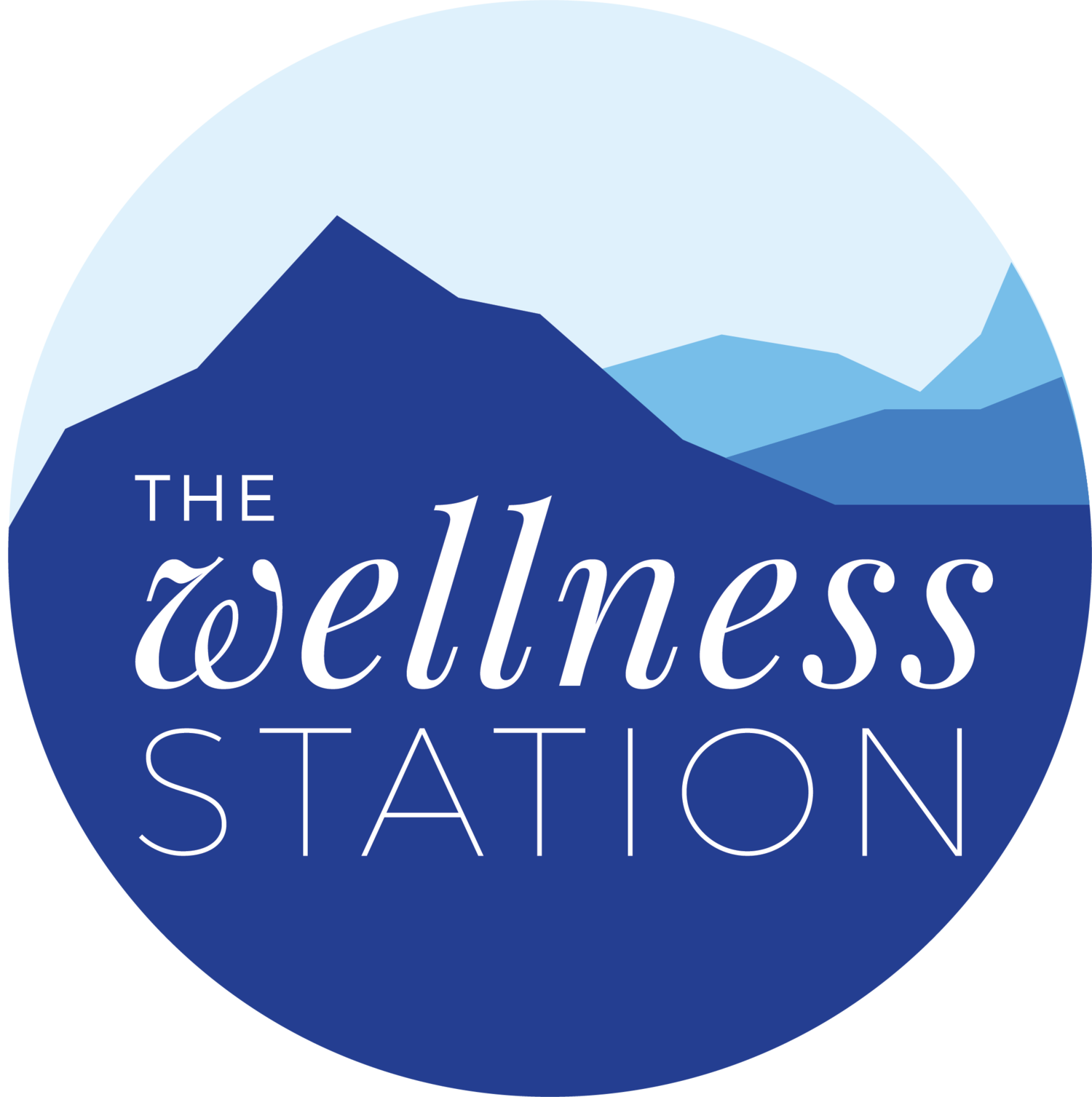We live in a culture that is “go go go”, where we prioritize doing far more than not doing. Many of us juggle excessive work hours, family and household responsibilities, hobbies, fitness and wellness practice, social lives, errands, appointments, and more. We are often left with little to no down time, and when we do have this down time, we may spend it in ways that are less than ideal for restoring balance and peace back into our lives. This constant rush can be stressful and taxing on our bodies and minds, and due to time constraints we begin to have to pick and choose what we do. Self-care and sleep may be underprioritized, setting us up for burnout.
Think about yourself as a tea kettle: a 100% full tea kettle means you are in a state of optimal health, energy, comfort, peace, happiness, and overall well-being. The less tea you have in the kettle, the less bandwidth you have, which can manifest in irritability, exhaustion, reduced performance, as well as mental and physical health challenges if this continues over time.
If our goal with the “go go go” mentality is to achieve and succeed, but this mentality actually can set us up for failure over the long term, isn’t this entirely counter productive?
Think about what sources in your life are draining your tea kettle, and what sources are helping to fill up your kettle. Consider both external and internal factors. External may be people, situations, and activities, whereas internal may be thoughts, beliefs, behaviors, emotional reactivity, and movement patterns. What changes can you make in your life to ensure you have a full kettle? After all, an empty kettle serves no one!
Written by Jacob Tyson, DPT - Physical Therapist, Yoga Instructor and The Wellness Station Team



